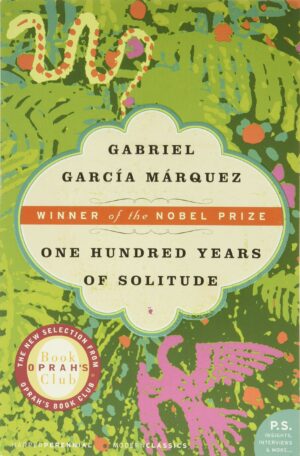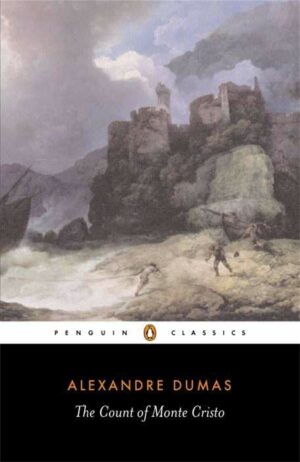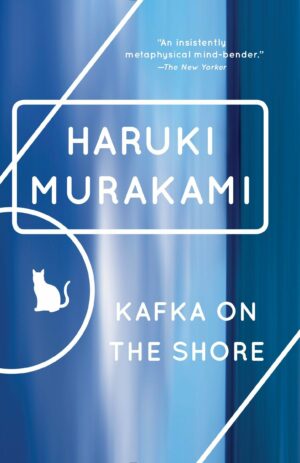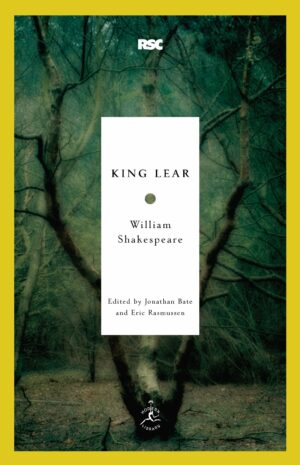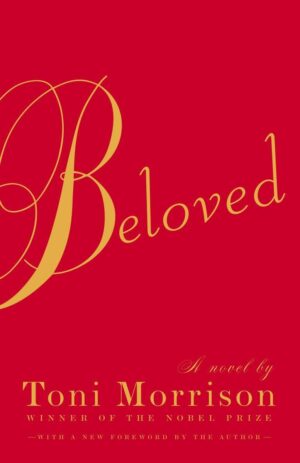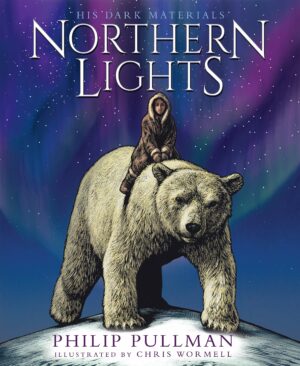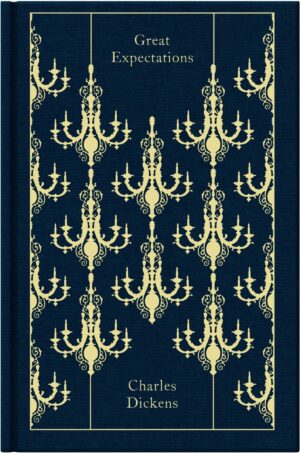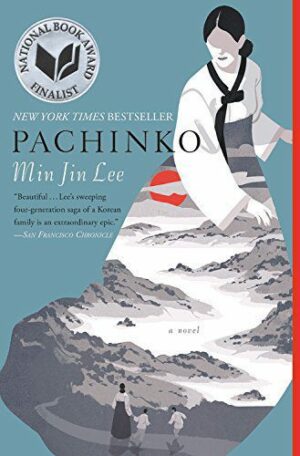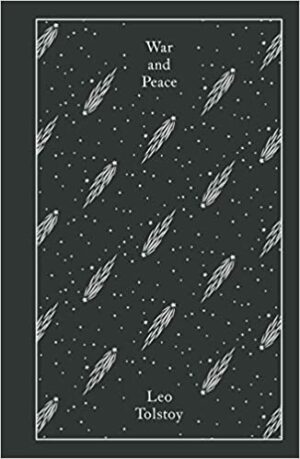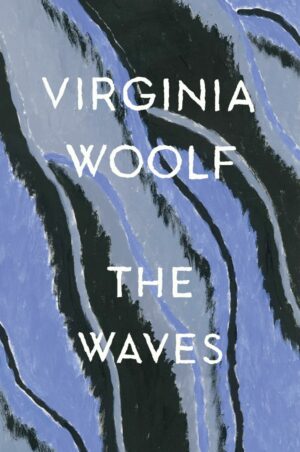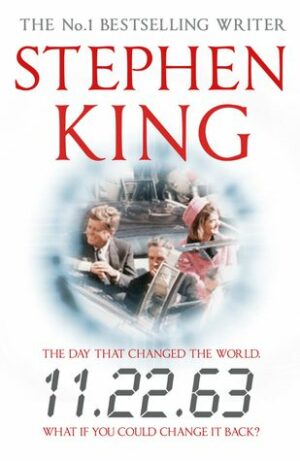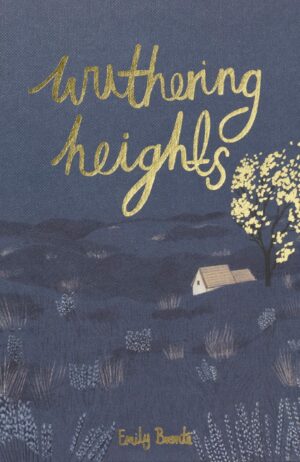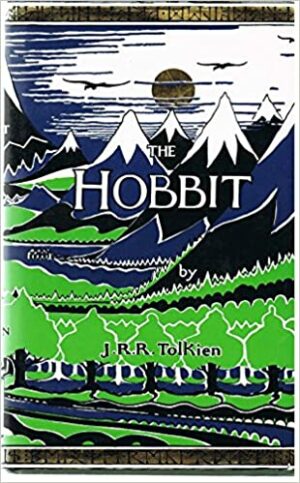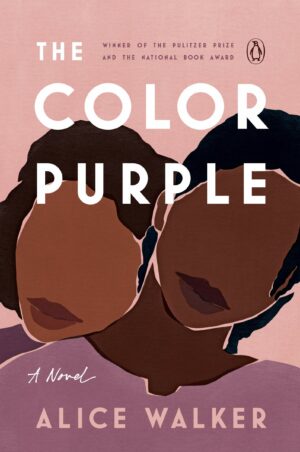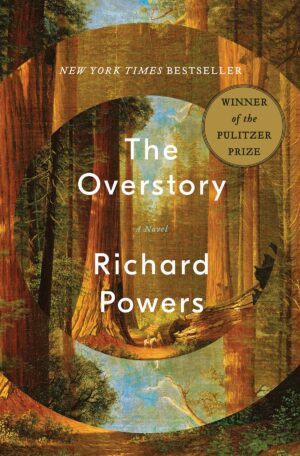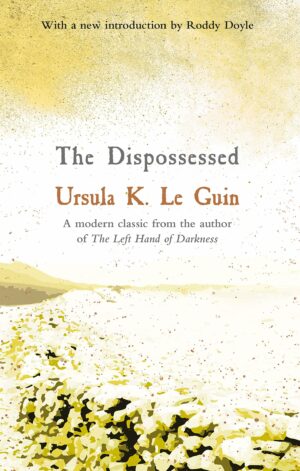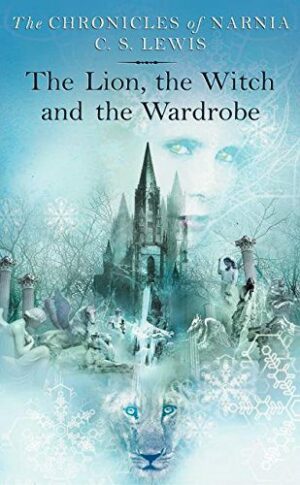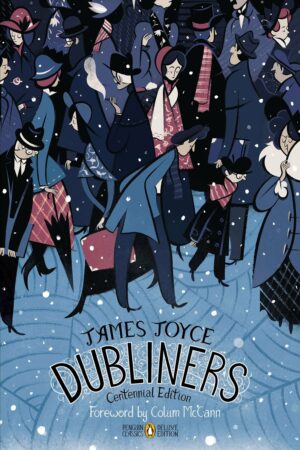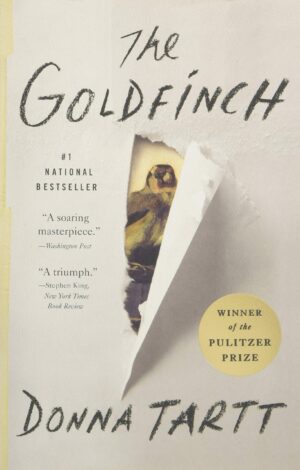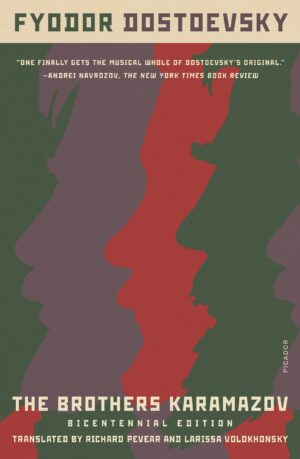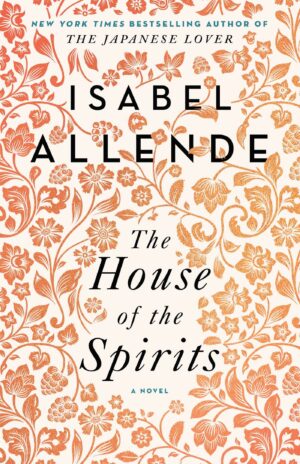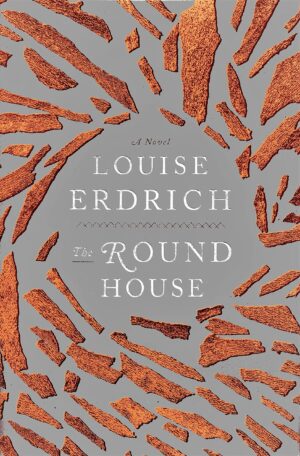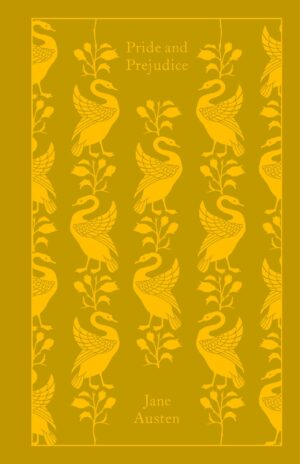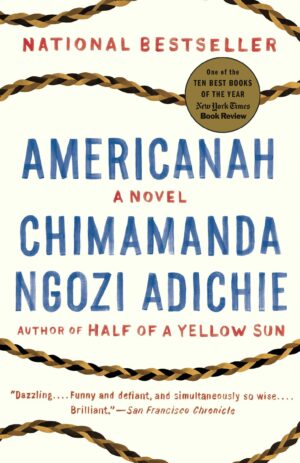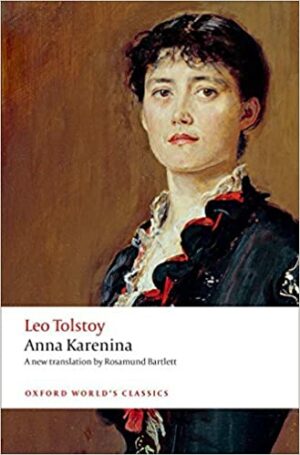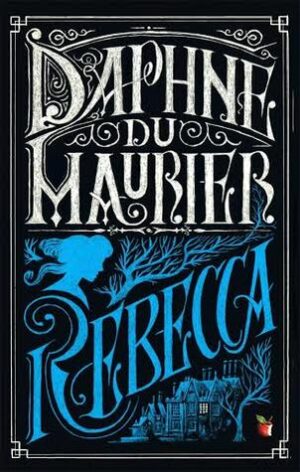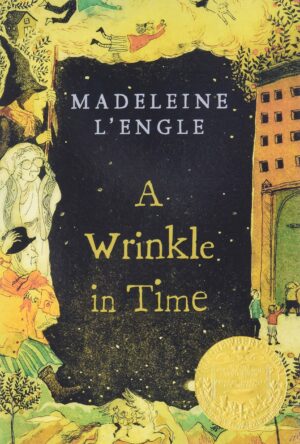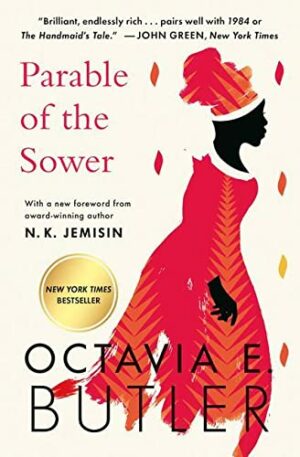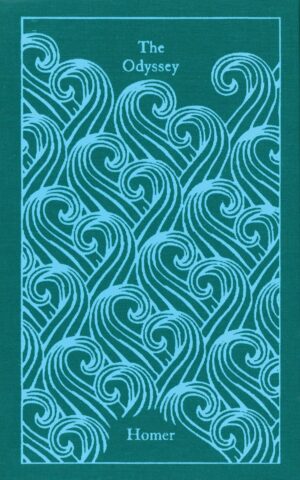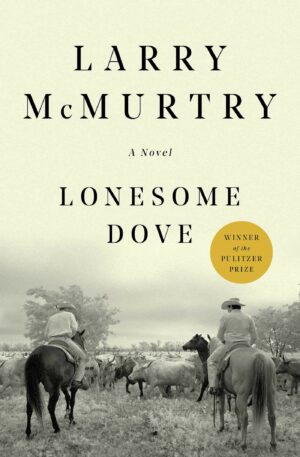30 best books of all time for your bucket list (classics + modern)
I only share books I know and love. If you buy through my links, I may earn a commission (learn more).
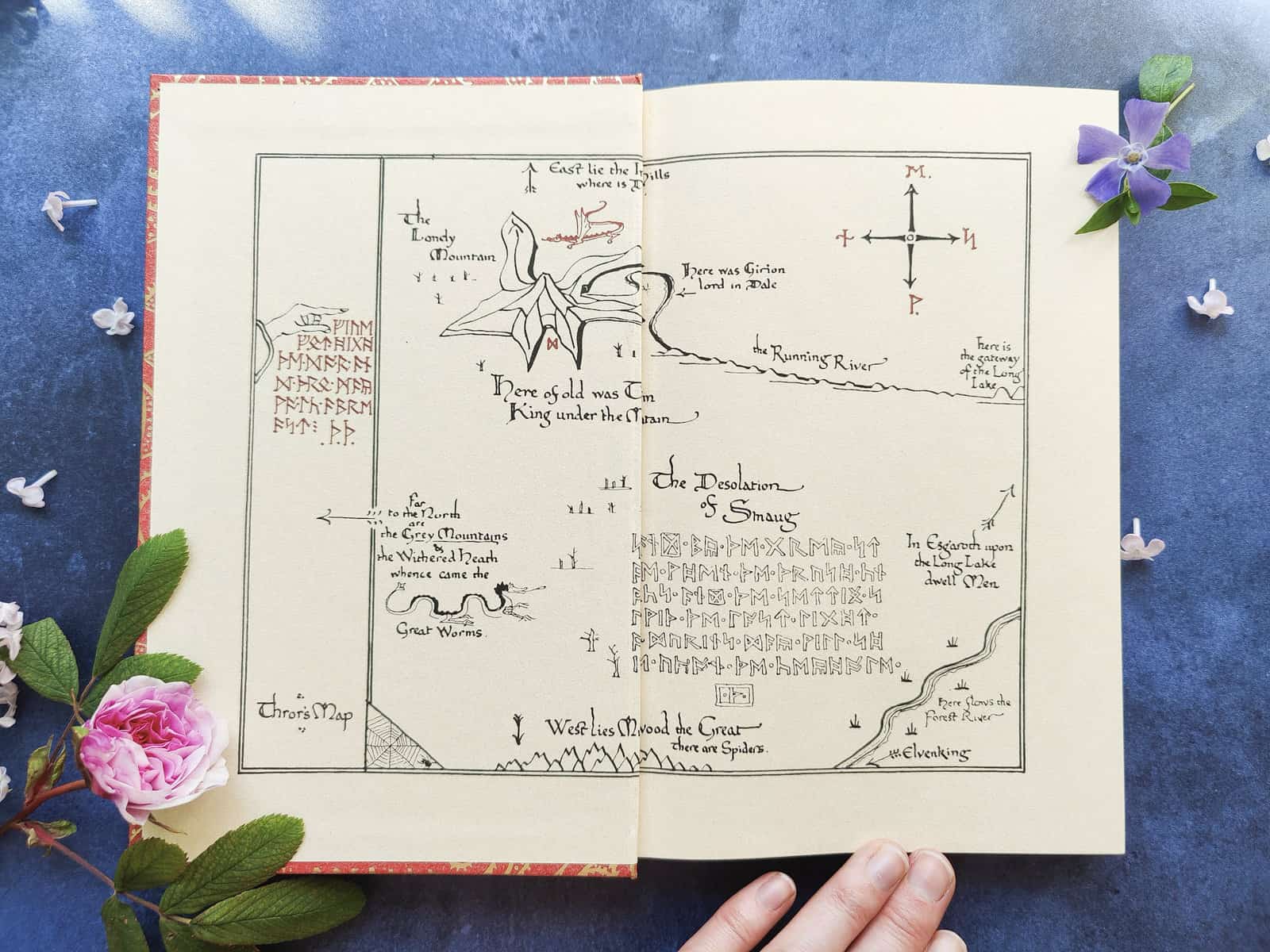
What are the best books ever written? And what about the books that everyone should read in their lifetime?
They’re tough questions, but I’m going to try and answer them in this list of must-read books. (A quick note that I’ve focused purely on fiction here – non-fiction deserves a list of its own.)
Of course, any reading bucket list like this is biased. I haven’t included books I utterly despised, and many of the recommendations I’ve included are my favourite books.
But that said, I’ve also included the best books of all time according to Reddit, readers on Goodreads, other book reviews, and readers of this site.
For each recommendation, I explain why I think it’s one of the best books of all time, leaving you free to make your own decision about whether it’s worthy of your books bucket list.
Without further ado, here’s my take on the books everyone should read in their lifetime, including must-read classics as well as modern books that are destined to become classics.
Many of the books mentioned are strong contenders for the role of “the best book ever written” – I hope you enjoy them as much as I have.
The best books ever written to read in your lifetime
One Hundred Years of Solitude by Gabriel García Márquez (1967)
Why should you read One Hundred Years of Solitude? It’s one of the best magical realism novels ever written – and a modern classic that manages to be both otherworldly and so very human.
One Hundred Years of Solitude tells the magnetic story of the rise and fall, birth and death of the mythical town of Macondo through the history of the Buendía family. This story is a masterclass in the art of fiction that will stay with you forever.
The Count of Monte Cristo by Alexandre Dumas (1845)
Why should you read The Count of Monte Cristo? Its gripping themes of wrongful imprisonment and clever revenge are good enough to win any award for best TV today.
If you picked up the 1276-page Penguin paperback of The Count of Monte Cristo, you probably wouldn’t guess it’s an easy-to-read classic. But it’s actually fantastic – and difficult to put down once you start reading.
Kafka on the Shore by Haruki Murakami (2002)
Why should you read Kafka on the Shore? This is Murakami at his best: weird, escapist, and still so perceptive about what it feels like to be human.
Comprising two distinct but interrelated plots, the narrative runs back and forth between the life of fifteen-year-old Kafka Tamura, who has run away from home, and an aging man called Nakata. It’s a real modern classic.
King Lear by William Shakespeare (1606)
Why should you read King Lear? It’s a timeless tale of inheritance that’s influenced so many stories since, from HBO’s Succession to Moby-Dick by Herman Melville.
Although King Lear is arguably Shakespeare’s bleakest tragedy, it’s also an unparalleled exploration of family, what we pass to our children, and how we age – all told with passion, poetry, and dark humor.
Beloved by Toni Morrison (1987)
Why should you read Beloved? This spellbinding classic transforms history into a powerful and unflinching story, looking deep into the abyss of slavery and its repercussions.
Sethe was born a slave and escaped to Ohio, but eighteen years later she is still not free from the memories of the farm where so many hideous things happened. Beloved is one of the most brutally real classic books that everyone should read.
Northern Lights by Philip Pullman (1995)
Why should you read Northern Lights? It’s where it all begins for Lyra Belacqua and her daemon Pantalaimon in one of the best book series of all time.
With imaginative world-building, complex characters, and thought-provoking explorations of freedom, authority, and morality, Philip Pullman crafted one of the greatest modern classics through His Dark Materials.
Great Expectations by Charles Dickens (1861)
Why should you read Great Expectations? It’s the classic bildungsroman, or story of a character moving from childhood into adulthood… and one of the best novels ever written, full stop.
Great Expectations is the first book I ever read by Charles Dickens. It was a perfect choice. It’s one of the best books of all time about growing up, changing fortunes, and becoming a person (whether you like that person or not).
Pachinko by Min Jin Lee (2017)
Why should you read Pachinko? It’s a compulsively readable multi-generational epic about the journey of a poor Korean immigrant family to Japan and their reinvention over the following generations.
This incredible book is one of my top recommendations to help you fall back in love with reading, weaving a story of the changing fortunes of a family and the repercussions of an event over multiple generations.
War and Peace by Leo Tolstoy (1869)
Why should you read War and Peace? It’s one of the best books about what life really feels like. I first read it when I was at my most lost and anxious and it completely changed the path I was on.
Reading War and Peace is what inspired me to start this website. It’s such a huge, all-encompassing, and life-changing book that’s about so many things. There are several good translations, but I love Anthony Briggs’s version best.
The Waves by Virginia Woolf (1931)
Why should you read The Waves? Virginia Woolf created the foundation for the modern novel (and was just as influential as James Joyce).
The Waves is one of the most innovative and beautifully written books of all time, layering six voices in monologue; moving from morning until night, from childhood into old age. All against the backdrop of the sea.
11/22/63 by Stephen King (2011)
Why should you read 11/22/63? This gripping page-turner shows Stephen King’s legendary storytelling at its very best.
When the world lost President Kennedy on November 22, 1963, a country changed. But here, Stephen King asks – in his characteristic gripping way – what if someone could change it back?
Wuthering Heights by Emily Brontë (1847)
Why should you read Wuthering Heights? It’s the sole masterpiece by Emily Brontë, published just a year before she died aged thirty. In the words of Robert McCrum for The Guardian, “Catherine Earnshaw and Heathcliff have passed into the language. Impossible to ignore.”
The dark Yorkshire moors, the destructive jealousy, and the complete disregard of upper class propriety… don’t compare Wuthering Heights to Pride and Prejudice or expect proper Victorian ladies: this book is dark.
The Hobbit by J.R.R. Tolkien (1937)
Why should you read The Hobbit? To inspire you to leave your comfortable life for a while and leap into the marvellous unknown.
The Hobbit is the classic story of heading out on an adventure and not quite knowing what you’ll find, but finding the bravery to go anyway. Read it to dive into Tolkien’s beautiful world of hobbits, Orcs, dwarves, dragons, and much more.
The Color Purple by Alice Walker (1982)
Why should you read The Color Purple? You will have a different view of the world after reading this Pulitzer Prize winner.
The Color Purple is the iconic and heartbreaking modern classic of the pain and struggle, companionship and growth, and resilience and bravery of two women, as told through letters over twenty years.
The Overstory by Richard Powers (2018)
Why should you read The Overstory? This Pulitzer Prize winner is one of the best modern novels of the century so far and a paean to nature’s vast, interconnected, and magnificent monuments that tower above us.
In this stunning and ambitious novel, Richard Powers weaves together interlocking fables that span generations, centuries, and the spectrum of life – from love to loss, striving to pain, and hope to defeat. All linking back to the intricate network we depend on in so many ways: the world of trees.
The Dispossessed by Ursula K. Le Guin (1974)
Why should you read The Dispossessed? It’s a masterful display of plot development and world-building that might just change your life.
The Dispossessed is the story of Shevek, a brilliant physicist on his journey to the utopian (yet highly capitalist) mother planet, Urras. There, he hopes to challenge the complex structures of life and living and free his home planet.
The Lion, the Witch and the Wardrobe by C.S. Lewis (1950)
Why should you read The Lion, the Witch and the Wardrobe? It’s the iconic first book in one the best children’s book series of all time.
Step through the wardrobe into the land of Narnia in one of the best children’s classics of all time. Whenever I think of C.S. Lewis’s one-of-a-kind books, I think of icy winds, adventure, and Turkish delight.
Dubliners by James Joyce (1914)
Why should you read Dubliners? It’s James Joyce’s iconic collection of short stories that captures the essence of the Irish capital better than perhaps any other book.
Not only is Dubliners the iconic portrayal of Dublin in the early 20th century, but the final short story, “The Dead”, contains some of the most beautiful writing ever penned in the English language. It’s perfect prose: every word is immaculately arranged, flowing like the falling snow Joyce so delicately describes.
The Goldfinch by Donna Tartt (2013)
Why should you read The Goldfinch? Donna Tartt is one of our more treasured writers today and her 2013 masterpiece of love, loss, and obsession is one of the stand-out books of the 21st century.
In this Pulitzer Prize winner, a young New Yorker grieving the loss of his mother is dragged into a gritty underworld of art and wealth. It’s an incredible novel.
The Brothers Karamazov by Fyodor Dostoevsky (1880)
Why should you read The Brothers Karamazov? It’s one of the most important pieces of classic Russian literature, but also an incredibly transformative book that might even change the way you live.
Through Fyodor Pavlovich Karamazov and his three sons – Dmitri, Ivan, and Alyosha – Dostoevsky portrays the whole of life. During both a golden age and a tragic turning point in Russian culture, it’s also an unparalleled portrait of the country’s social and spiritual striving.
The House of the Spirits by Isabel Allende (1982)
Why should you read The House of the Spirits? You can think of Allende’s bestseller as a female-focused version of One Hundred Years of Solitude, but it’s a modern classic in its own right.
This masterclass in magical realism brings to life the triumphs and tragedies of three generations of the Trueba family, creating an enthralling epic that spans decades and lives in Chile.
The Round House by Louise Erdrich (2012)
Why should you read The Round House? It’s an exquisite novel that’s at once a powerful coming-of-age story, a mystery, and a tender, moving tale of family, history, and indigenous culture.
From one of our finest contemporary novelists, The Round House – named after a sacred space and place of worship for the Ojibwe – is an exquisitely told story of a boy on the cusp of manhood in North Dakota. In the wake of a terrible crime that upends and forever transforms his family, this is his story as he seeks justice and understanding.
Pride and Prejudice by Jane Austen (1813)
Why should you read Pride and Prejudice? It’s the most famous Jane Austen novel for a reason. Love stories don’t get more timeless than this.
Retreat into the pages of this classic feel-good book for the first time or the fiftieth and feel your heart defrost after a long winter. It’s a perfect comfort read.
Americanah by Chimamanda Ngozi Adichie (2013)
Why should you read Americanah? This modern classic raises universal questions of race, belonging, the overseas experience for the African diaspora, and the search for identity and home.
From the award-winning author of Half of a Yellow Sun, Americanah is the story of two Nigerians making their way in the US and the UK.
Anna Karenina by Leo Tolstoy (1877)
Why should you read Anna Karenina? Even though it isn’t without its darkness, this is one of the most beautifully written books about renewal, rebirth, and human experience.
There’s so much to Anna Karenina. In this Russian classic, Tolstoy weaves an intricate labyrinth of connections in 1870s Russia, from high society St Petersburg to the country threshing fields in spring.
Here’s my comparison of the best translations of Anna Karenina (the short answer: I love the Rosamund Bartlett version).
Rebecca by Daphne du Maurier (1938)
Why should you read Rebecca? This gripping masterpiece was the psychological thriller of its time – and is just as haunting today.
Rebecca, a dark psychological tale of secrets and betrayal, is absolutely not a dull and boring classic book. Enjoy this must-read for its tension build, iconic gothic setting, and plot twists that keep you frantically turning pages.
Wrinkle in Time by Madeleine L’Engle (1962)
Whu should you read A Wrinkle in Time? It’s the book described by journalist and author Cory Doctorow as “a road map for seeking knowledge and compassion even at the worst of times, a book to make the world a better place.”
One of the best books for middle graders, A Wrinkle in Time is the story of teen Meg Murray and her younger brother Charles Wallace as they set off on an interdimensional adventure. What follows is a mission to save the universe from darkness that merges exhilarating sci-fi and relatable teen awkwardness into an iconic coming-of-age fantasy story.
Parable of the Sower by Octavia E. Butler (1993)
Why should you read Parable of the Sower? Octavia E. Butler wrote about race and gender at a time when science fiction was almost exclusively the domain of men, and crafted a world with eery similarities to our own.
In this influential modern classic, the strong woman protagonist is a teenager who spends most of the story disguised as a man while the world around her crumbles.
The Odyssey by Homer (1614 in English)
Why should you read The Odyssey? It’s the classic story of adventure, vengeance, and the monsters (and gods) preventing the hero’s happy ever after.
The Odyssey is the book about journeys. In this tale that’s influenced so much that’s followed, we follow the archetypal story of the hero and their trials to return home, told with a memorability that’s travelled through generations.
Lonesome Dove by Larry McMurtry (1985)
Why should you read Lonesome Dove? It’s the Pulitzer Prize–winning classic of the American West, following two aging Texas Rangers on one last adventure.
Escape into this epic of the frontier and voyage into the last defiant wilderness of America, meeting an unforgettable assortment of heroes and outlaws along the way. The 900+ pages will feel like nothing (and it’s one of the best big books actually worth reading).
So, what did you think of the list? I’d love to hear your suggestions of what I overlooked – what do you think are the best books of all time and why?
For more of the best books of all time, you might also like reading…
- 20 of the best modern novels of the 21st century
- 26 best non-fiction books of all time to add to your reading list
- 18 of the best classic books by women to read in your lifetime
- 20 of the best classic books to read in your lifetime
- 25 best classic children’s books of all time
- 15 life-changing books that will stay with you forever (fiction + non-fiction)

